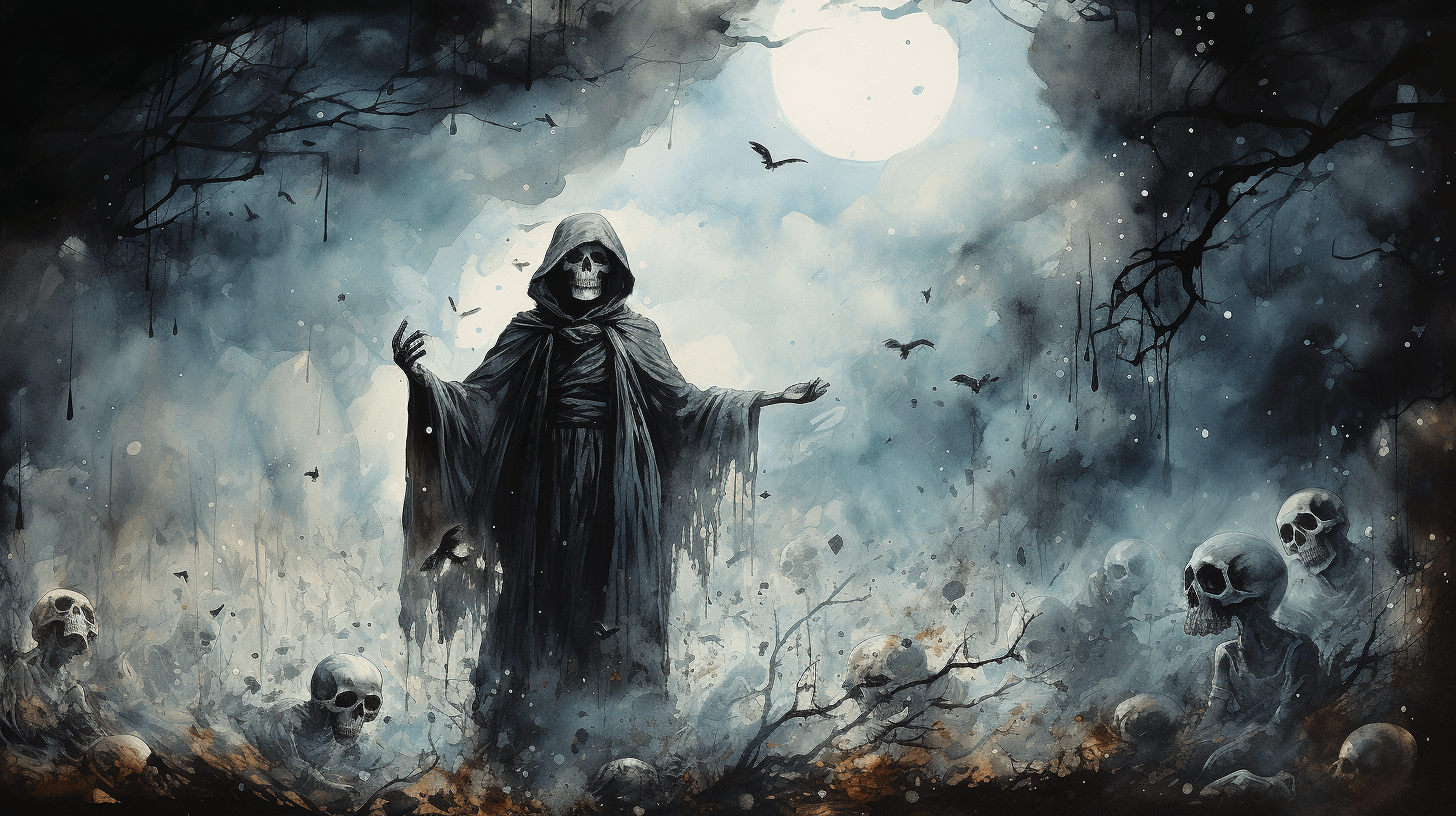What Does It Mean to Dream About Death? Exploring the Symbolism and Insights
Dreaming about death can be unsettling and provoke strong emotions. If you’ve recently had a dream about death, you might be wondering what it means and whether it holds any significance for your waking life. While dreams of death can feel alarming, they rarely predict literal death. Instead, they often carry symbolic meanings related to change, transformation, or the end of a particular phase. This blog post explores common interpretations of dreams about death, helping you understand what your subconscious might be communicating.
Understanding Dreams About Death
Dreams about death are among the most powerful and emotionally charged dreams people experience. Death in dreams is symbolic rather than literal and often represents endings and new beginnings. It can reflect personal transformation, fear of change, or even a release from past struggles.
Common Meanings of Dreaming About Death
1. Endings and New Beginnings
Death dreams frequently signify the end of something in your life—a relationship, job, or a way of thinking—and the start of something new. They highlight the natural cycle of closure and renewal.
2. Personal Transformation
Dreaming about death often reflects deep personal growth or transformation. It may indicate that you are undergoing a significant change, shedding old habits, beliefs, or emotions to emerge stronger.
3. Fear and Anxiety
Sometimes, death dreams reveal anxieties about loss, the unknown, or the future. They can mirror worries about mortality or fear of failure and change.
4. Letting Go
These dreams can encourage you to let go of negative influences, grudges, or past pain that no longer serve you, allowing space for healing and progress.
Symbolic Interpretations of Death in Dreams
- Death of the Ego: Dreaming of death may point to the ‘death’ of your ego or old identity, suggesting a shift toward a new sense of self.
- Rebirth and Renewal: Many cultures see death as a symbol of rebirth. Your dream might be signalling a fresh start or new opportunities ahead.
- Warning or Reflection: Occasionally, these dreams urge you to pay attention to something important that you might be ignoring.
Different Types of Death Dreams and Their Meanings
- Dreaming of Your Own Death: This often represents personal transformation, the end of an old chapter in your life, and the start of a new one.
- Dreaming of Someone Else’s Death: This might relate to your feelings about that person or signify changes in your relationship with them.
- Dreaming of Multiple Deaths: This could reflect overwhelming feelings about change or loss happening in various areas of your life.
- Dreaming of a Peaceful Death: Suggests acceptance and readiness to move on from difficult experiences or emotions.
Psychological Perspective on Dreams of Death
Psychologically, dreaming about death may be your mind’s way of processing fear, grief, or major life transitions. It helps you confront complex emotions in a safe, symbolic space. Such dreams provide an opportunity for emotional release and insight into your subconscious.
How to Interpret Your Dream About Death
- Consider the Context: Who was dying? How did you feel? Was the dream peaceful or frightening? These details shape the interpretation.
- Reflect on Your Life Situation: Are you facing any endings, changes, or fears currently?
- Think About Your Emotions: Dreams are often coloured by how you feel emotionally. Your reaction in the dream is as important as the dream itself.
- Look for Messages: Ask yourself what the dream might be encouraging you to let go of or change.
What to Do After Dreaming About Death
If your dream about death has left you feeling uneasy, use it as a prompt for self-reflection. Consider areas in your life that may require closure or transformation. Journaling your thoughts and feelings can be particularly helpful.
If you feel stuck or overwhelmed by change, talking to a trusted friend, mentor, or counsellor might provide support and clarity. Embrace the idea that endings often lead to new beginnings, and your dream could be preparing you for positive growth.
Conclusion: The Meaning Behind Dreams of Death
Dreaming about death is rarely a literal premonition but a rich, symbolic message from your subconscious. Whether it points to endings, transformation, or inner fears, these dreams invite you to reflect on your life and emotional state.
Understanding the meaning behind your death dream can empower you to face change with courage and open yourself to new possibilities. If you want to explore more about dream interpretation and how to decode your subconscious messages, continue reading our blog for expert insights and guidance.



